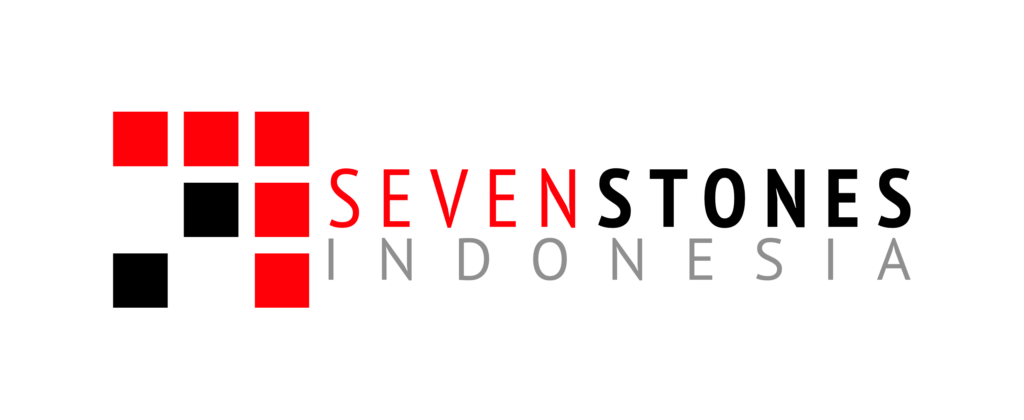
In recent years, Bali has seen a surge in foreign interest in property investments—particularly in villa rentals and hospitality developments. But amidst this excitement, many investors fall into a critical trap: buying or leasing land in yellow zones, otherwise known as residential zones.
Unfortunately, due to a mix of misinformation and misaligned incentives in the property market, many agents market properties without considering zoning compliance or legal feasibility. This can lead to costly mistakes, stalled projects, and, in some cases, complete losses.
At Seven Stones Indonesia, we strongly advocate that every investor first develops a solid business plan and sets up the appropriate legal entity, before selecting the right property. Here’s why.
What Is a Yellow Zone?
In Bali’s zoning system, the yellow zone is designated for residential use. While it does allow for certain commercial activities, these are limited to small or medium-sized local businesses.
Crucially, this excludes most foreign-owned companies, especially PT PMAs (foreign-owned limited liability companies), which are the only legal way for foreigners to invest directly in property in Indonesia.
What’s Not Allowed in Yellow Zones?
Let’s get straight to the core issue: villas and most hospitality activities are not legally permitted in yellow zones for PMAs. Key limitations include:
Villa construction is generally not allowed.
Short-term rental permits (like hotel or guesthouse licenses) are typically rejected.
The only permit commonly available is a Pondok Wisata—a homestay license granted to Indonesian individuals for part of their primary residence. This:
- Cannot be held by a PMA.
- Is only intended for small-scale, personal operations.
Common Investment Pitfalls
1. Buying Freehold in a Yellow Zone with a PMA
Even if you succeed in converting the title to an HGB (Right to Build) through a notary, permits will likely be denied at the next stage:
- Your PBG (Building Permit) and SLF (Certificate of Building Feasibility) will likely be rejected.
- You won’t be able to legally operate the property for commercial or hospitality use.
- The PMA cannot apply for a Pondok Wisata permit.
2. Leasing Property for Villa Rentals
Some investors try to lease property and let the Indonesian owner apply for the Pondok Wisata:
- This may work for one or two villas, but:
- The landowner must cooperate fully in permit applications.
- You may need a formal cooperation agreement, beyond just a lease.
3. Developing Multiple Villas on Larger Land Plots
This is where things become even more complicated:
- Pondok Wisata is meant for private home rentals, not full-scale villa complexes.
- PUPR (Public Works Ministry) may only approve one permit at a time, making the process slow and cumbersome—if not impossible—unless you are leasing land from multiple owners.
 Safer Zones for Foreign Investment
Safer Zones for Foreign Investment
For a secure, scalable, and legally compliant investment, we recommend only considering:
- Tourism Zones
- Commercial Zones
- Mixed-Use Zones
These areas allow for:
- Proper hospitality licenses
- PMA ownership
- Easier permit processes
What’s Next?
At Seven Stones Indonesia, we’re currently exploring innovative legal structures that may allow collaboration between local PT PMDNs (domestic companies) and foreign PMAs in yellow zones. We’re also working closely with the Ministry of Public Works (PUPR) and BKPM (Investment Coordination Board) to gain clarity on possible frameworks.
If you’re considering investing in a yellow zone—or already have—reach out to us for a deeper consultation. With regulatory enforcement tightening, it’s critical to have all your ducks in a row before proceeding. Don’t leave your investment vulnerable to legal roadblocks.
 Want to learn more or discuss your investment plans?
Want to learn more or discuss your investment plans?
Contact Seven Stones Indonesia for tailored legal and investment advice to help you make informed, secure, and profitable decisions in Bali’s dynamic property market.
